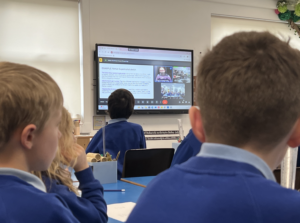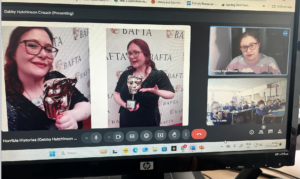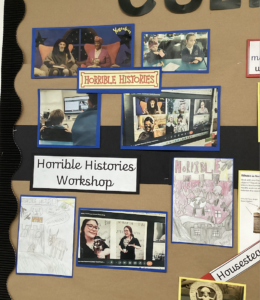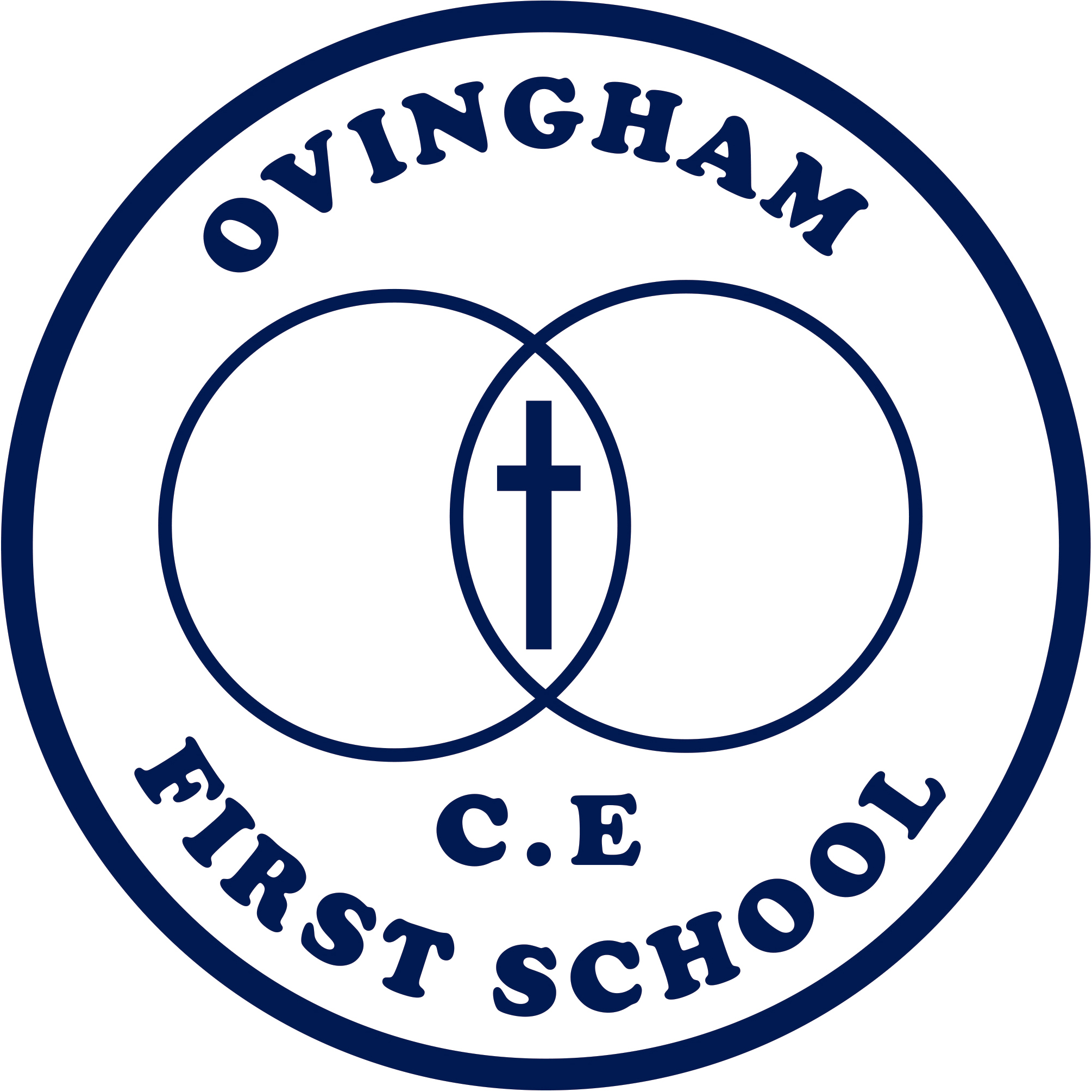KS2 schools participated in a Zoom session with Gabby Hutchinson Crouch, a writer for Horrible Histories.
During the call, Gabby walked us through the entire writing process, sharing a first draft of a script she had written. She explained the editing process in groups and then played the final clip from the episode, allowing us to compare the draft with the finished product! We focused on resilience, reflecting on how it relates to our own writing experiences at school, including self- and peer-assessment, and making corrections using our green pens based on teacher feedback.

Gabby also discussed the collaborative effort between historians and writers in Horrible Histories, highlighting how the show uses bizarre but true facts, confirmed with the ‘this was actually true’ sign from Rattus.

Additionally, Gabby explained what a parody is and showed us a hilarious parody she wrote of CBeebies Bedtime Stories. It featured Geoffrey Chaucer reading a bedtime story on YeBeebies… though not quite as charming as it might sound!
Our pupils are passionate about reading, particularly Horrible Histories, so they thoroughly enjoyed the opportunity to ask Gabby about the behind-the-scenes process of filming and what her favourite episode was (which, unsurprisingly, was one she wrote—and we loved it too!). Gabby also shared that she had been working on turning another of our favourite books (Horrible Science) into a TV series, we can’t wait to watch it!

As avid readers, our children are excited to create their own piece of writing in the style of Horrible Histories, incorporating the history they’ve learned and finding quirky, interesting facts to inspire their writing. They’ve already started working on draft book covers featuring Hadrian’s Wall, the Northumberland Flag, the Chillingham Cow, Celts and Romans.
This session was part of our Cultural Match program, aimed at improving our KS2 writing outcomes with a focus on Northumberland’s history. We’ve also had a museum visit where we explored various aspects of the county’s past such as nature, Celtics and the Romans. Upcoming sessions will cover the Northern Saints (connected to our school houses) and the Anglo-Saxons.

